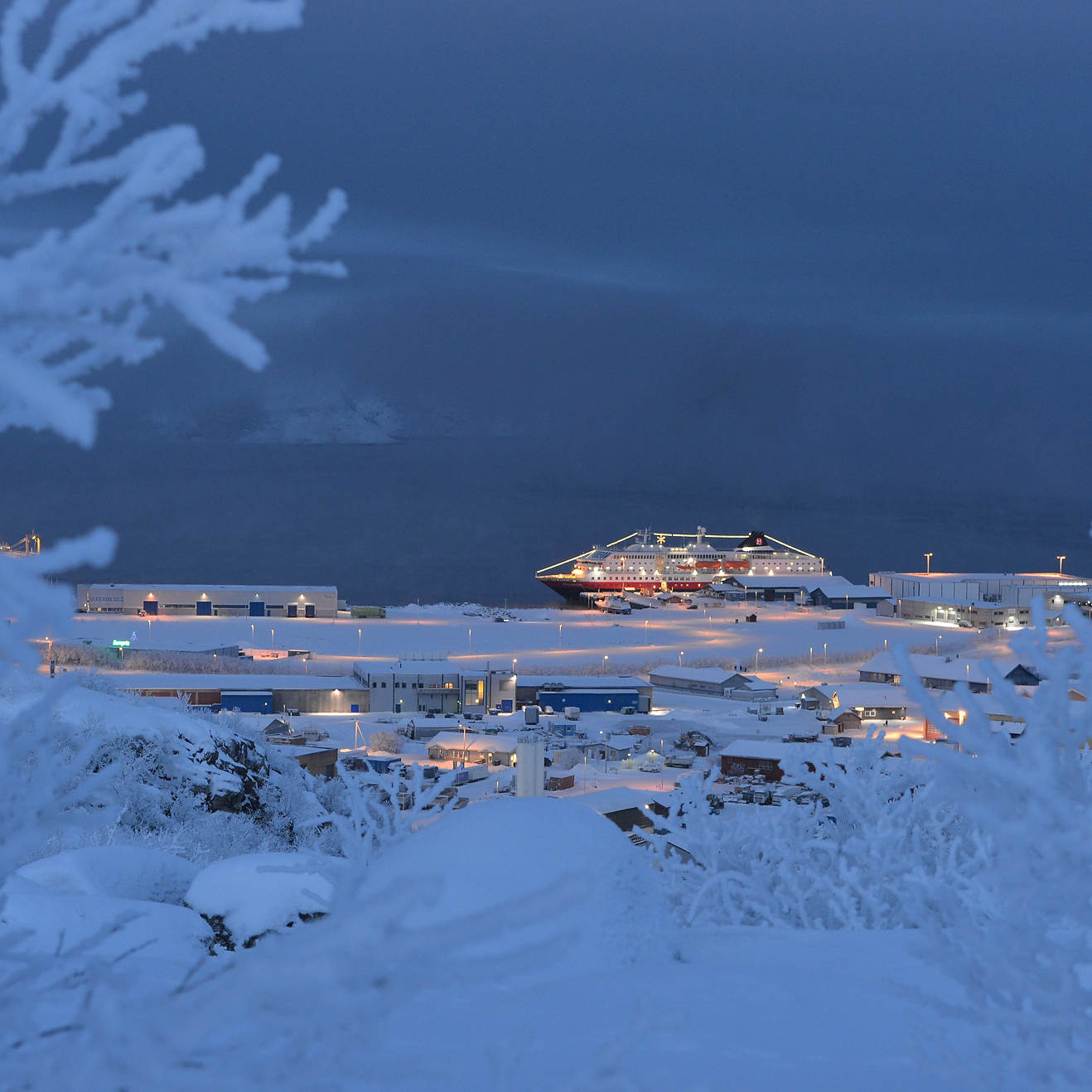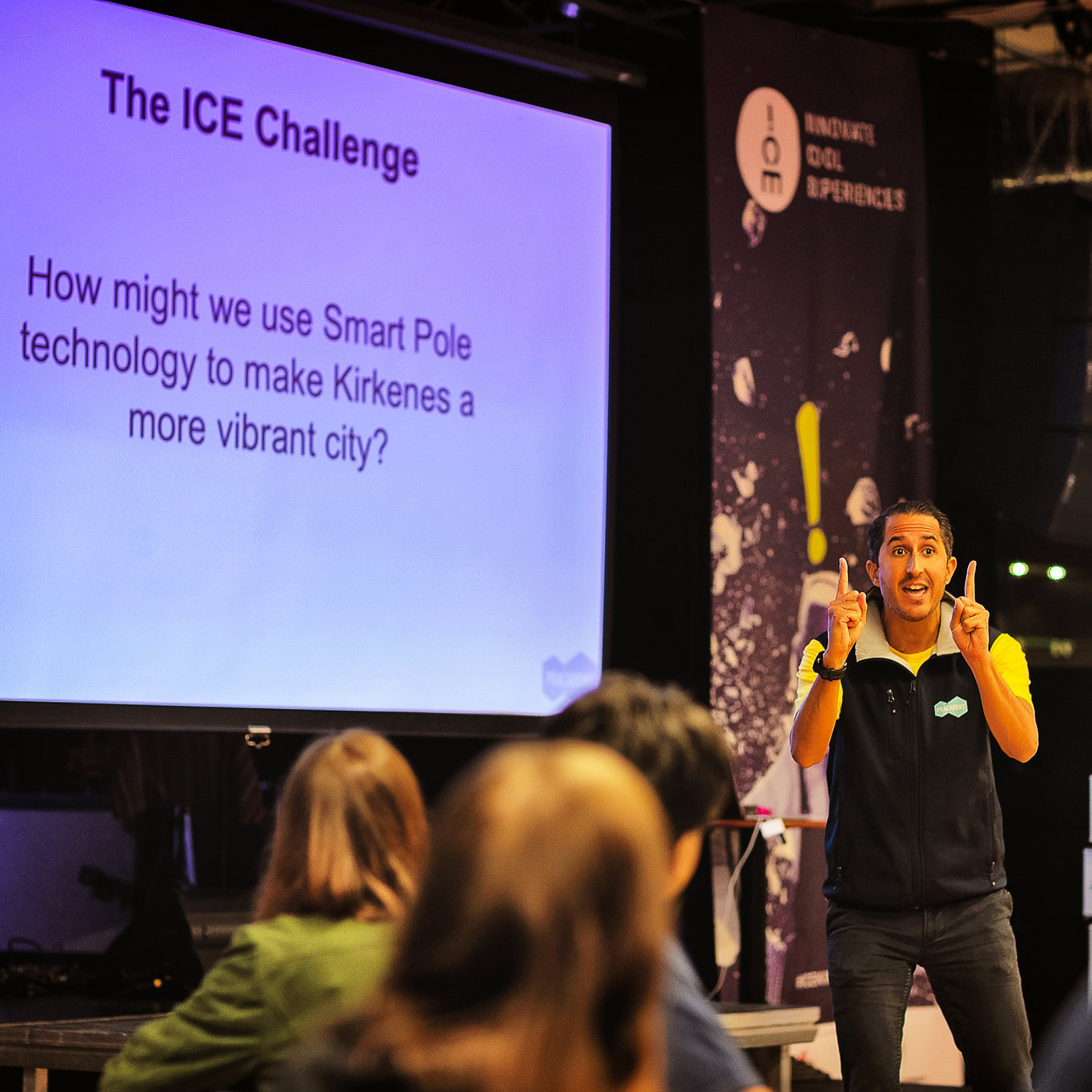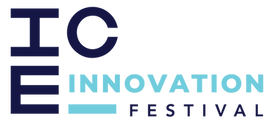From end-of-the-line to new frontier
Kirkenes has always been the place where Norway ends; now it is looking to use that location to become a place where innovation begins

Kirkenes, on the Norwegian border with Russia, is about as far away from the creature comforts of Oslo or other big metropolises as you can get. Perhaps best known as the turnaround point for Hurtigruten, a ferry service that sails almost the entirety of Norway’s coast, Kirkenes is literally the end of the line.
Economically, too, Kirkenes is far-removed from the technological developments that are associated with growth in the 21st century. To be sure, things could be worse for Kirkenes: the local mine, shuttered in 2009, plans to reopen, and the town’s shipyards are still permitted to do business with Russian fishing vessels, to the relief of the 600 or so people whose jobs depend on the activity.
But without a university, the young people of Kirkenes must move away when it comes time to get an education and, when they are done, these are not the types of jobs they find worth moving back for. They are, to put it bluntly, old-economy jobs in a new-economy world. Getting them to return, business leaders believe, requires attracting the people and the firms that can turn Kirkenes into a hub for industries like energy, food production, experience economy, aquaculture and strategic minerals.
“The drawbacks of a place like Kirkenes are obvious, and they are not unlike what you find in a lot of other rural areas,” says Lars Georg Fordal, the head of the Barents Secretariat, which promotes relations between Russia and Norway. Not surprisingly, he wants people to look more closely at Kirkenes and what the town has to offer, both because he feels it “an interesting place”, but also, as he puts it, Kirkenes needs them.
“We need more jobs, we need more businesses, we need more innovation. People are moving away from Kirkenes, and the question we asked ourselves is ‘how do we get the people we want to move here to see Kirkenes the way we see it?’”

The answer Mr Fordal and the Barents Secretariat, together with Sør-Varanger Development Inc, a regional-development agency, was the ICE Innovation Festival. Started in 2019, the festival was set up with the aim of promoting all innovation, community and entrepreneurship in Kirkenes and throughout the Arctic region.
The festival will be be held for the third time next month (though, thanks to the pandemic, this will only be the second time people will gather in Kirkenes). Its goal, according to Maja Kruuse, of Sør-Varanger Development, is to show that Kirkenes is an attractive place to live and good place to establish a business.
On the surface, the festival is similar to other events of the sort: help people with an idea turn it into a business, and, hopefully, to convince them that the host location is the right place for them to set up shop. Ms Kruuse, herself a transplant, believes Kirkenes is on a par with comparable locations when it comes to traditional parameters like funding opportunities, but she’s aware that Kirkenes’ location means most people wouldn’t give it a second thought as a place to live or start a business.
“We like to say that, if they come to ICE Innovation Festival with an idea, they will leave with a business plan. But we want them to leave knowing that there is life here and we want them to come back. It might be true that we’re rural, and we’re not Oslo, Copenhagen or Helsinki, but we can offer something different and a standard of living that is just as high.”
Make no doubt about it, Kirkenes, according to Ms Kruuse, is the kind of place where people who “appreciate a challenge” thrive (a euphemism that applies both to starting a business in an edge-of-the-map sort of place like Kirkenes as well as living in an Arctic environment) but, on the other hand, it’s not the kind of place where success, she says, requires a 70-hour workweek. Meaning that you can have a great work-life balance, while still fulfilling your professional dreams and visions.
“You need an idea, and you need grit and confidence to make it a reality. But when we say Kirkenes is an amazing place, with amazing opportunities, we aren’t just referring to the business climate. It’s fun to be here.”
ICE Innovation Festival takes place in Kirkenes from 10-11 November 2022.
For more information about the event and tickets visit www.iceinnovationfestival.com.
More information about ICE is available at www.icekirkenes.no.
This article was produced for ICE by Arctic Business Journal.
To join the Arctic Business Journal network as a content partner, contact us at [email protected].
